
🤹♂️ (Former) Director of Eng at @Nubank, @Apple, @AmericanExpress. 🇧🇷 in🗽.
I share career growth strategies, leadership insights & my many reads. 📚🐛.👇
6 subscribers
How to get URL link on X (Twitter) App





 2⃣ Multi-Scale Planning:
2⃣ Multi-Scale Planning:




 6. Own your education: Pursue mastery of your craft. Your career should be a journey of constant growth, but no one else will ensure that you grow. Find a way to make learning part of your daily life (even 5 minutes/ day); get on mailing lists, find papers and books that are worth reading, and read the manual cover to cover for technologies you work with. Consistency is key; build habits that will keep you growing throughout your career.
6. Own your education: Pursue mastery of your craft. Your career should be a journey of constant growth, but no one else will ensure that you grow. Find a way to make learning part of your daily life (even 5 minutes/ day); get on mailing lists, find papers and books that are worth reading, and read the manual cover to cover for technologies you work with. Consistency is key; build habits that will keep you growing throughout your career.


 1️⃣ The Software Craftsman: Professionalism, Pragmatism, Pride by @sandromancuso.
1️⃣ The Software Craftsman: Professionalism, Pragmatism, Pride by @sandromancuso. 








 Remote pair programming:
Remote pair programming:



 Source: @scarletinked as insightful and as precise as always on accomplishing more with less effort.
Source: @scarletinked as insightful and as precise as always on accomplishing more with less effort.
https://twitter.com/thiagoghisi/status/1617250051302248449
 1️⃣ GOALS: Telling someone what they should want isn’t as powerful as helping them discover it for themself.
1️⃣ GOALS: Telling someone what they should want isn’t as powerful as helping them discover it for themself.


 1) Projects that you’ve worked on that have spun off into their own dedicated teams.
1) Projects that you’ve worked on that have spun off into their own dedicated teams.


 1️⃣ There is some new trick you've missed that could send productivity soaring.
1️⃣ There is some new trick you've missed that could send productivity soaring.
 1️⃣ Don't overfeed the interviewer!
1️⃣ Don't overfeed the interviewer!






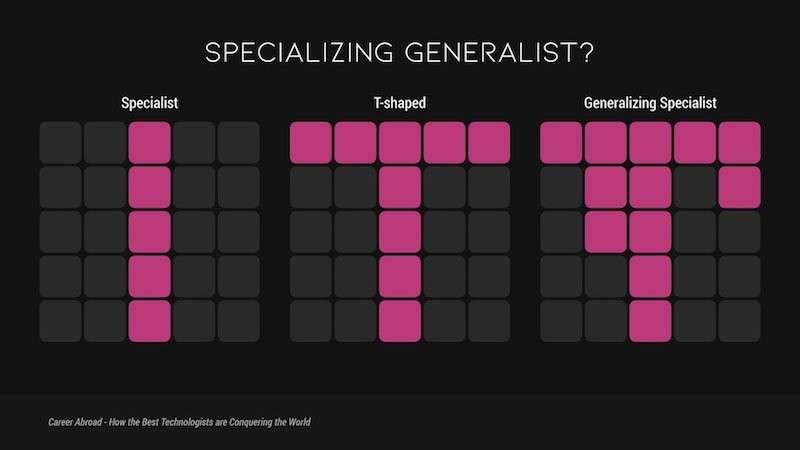 1️⃣ Part I - Definition of Career Success
1️⃣ Part I - Definition of Career Successhttps://twitter.com/thiagoghisi/status/1279890984466370567?s=20&t=gKnagZ5FshB_POwkf1L-jg

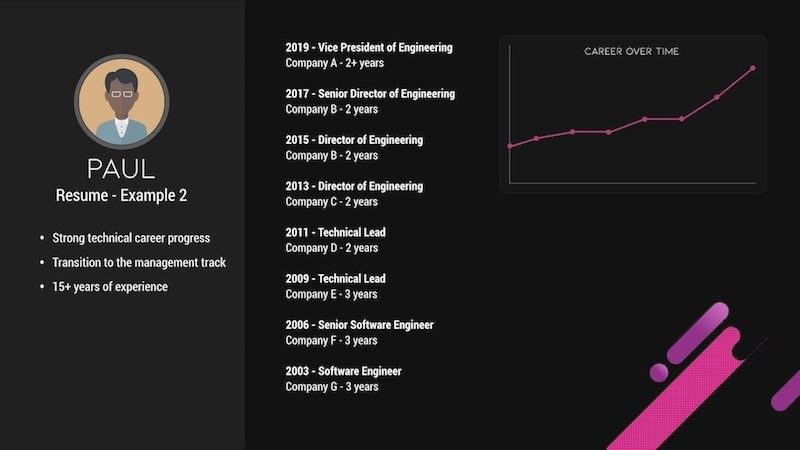


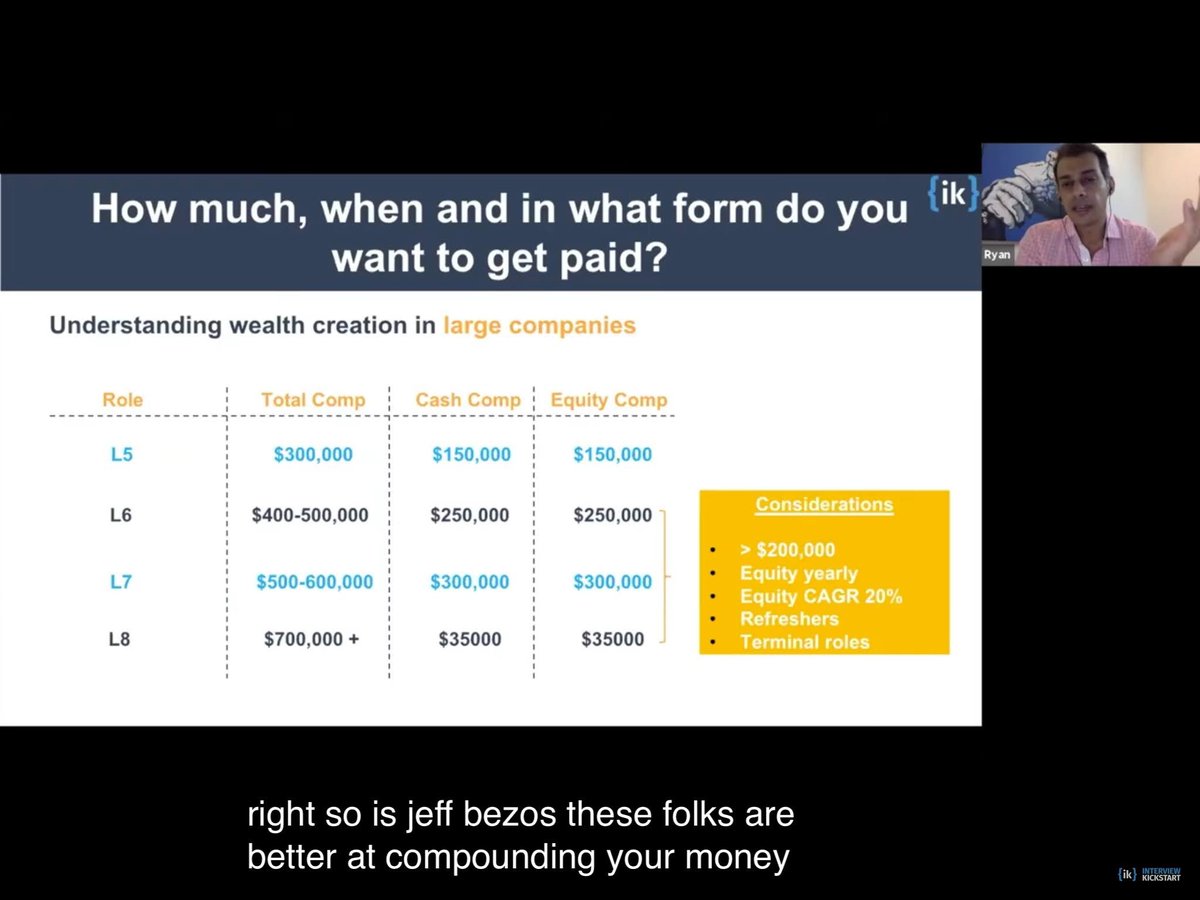



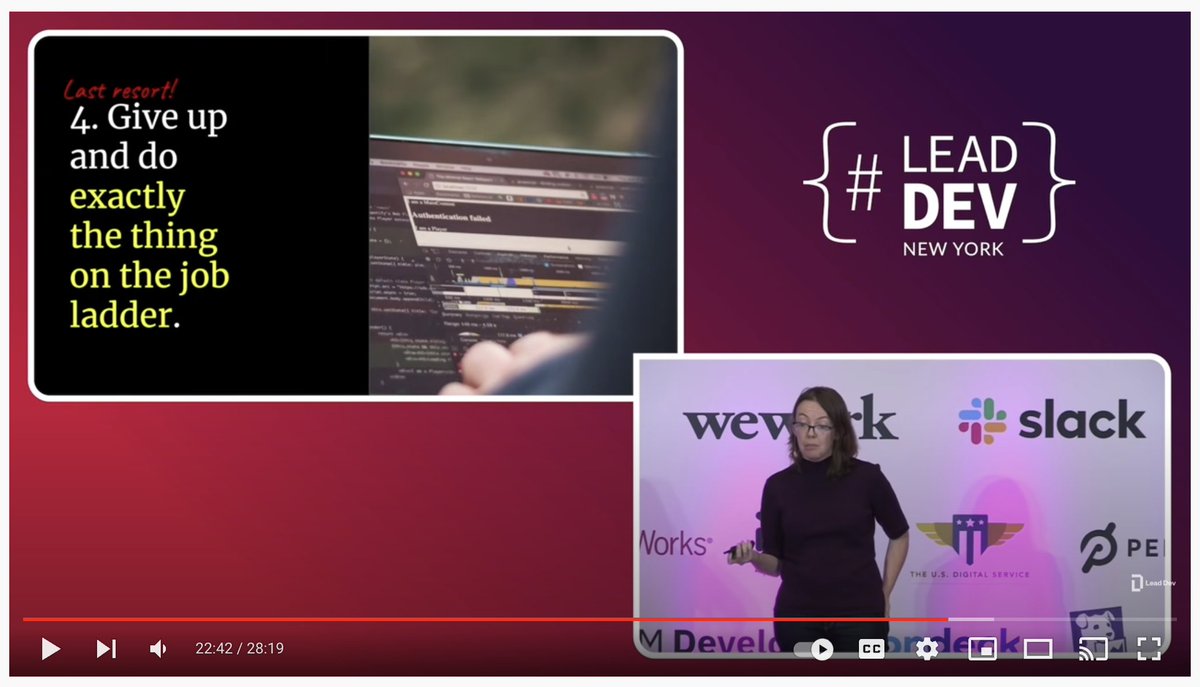 1️⃣ Øredev 2011 - Sleeping with the enemy by Gojko Adzic (@gojkoadzic)
1️⃣ Øredev 2011 - Sleeping with the enemy by Gojko Adzic (@gojkoadzic)
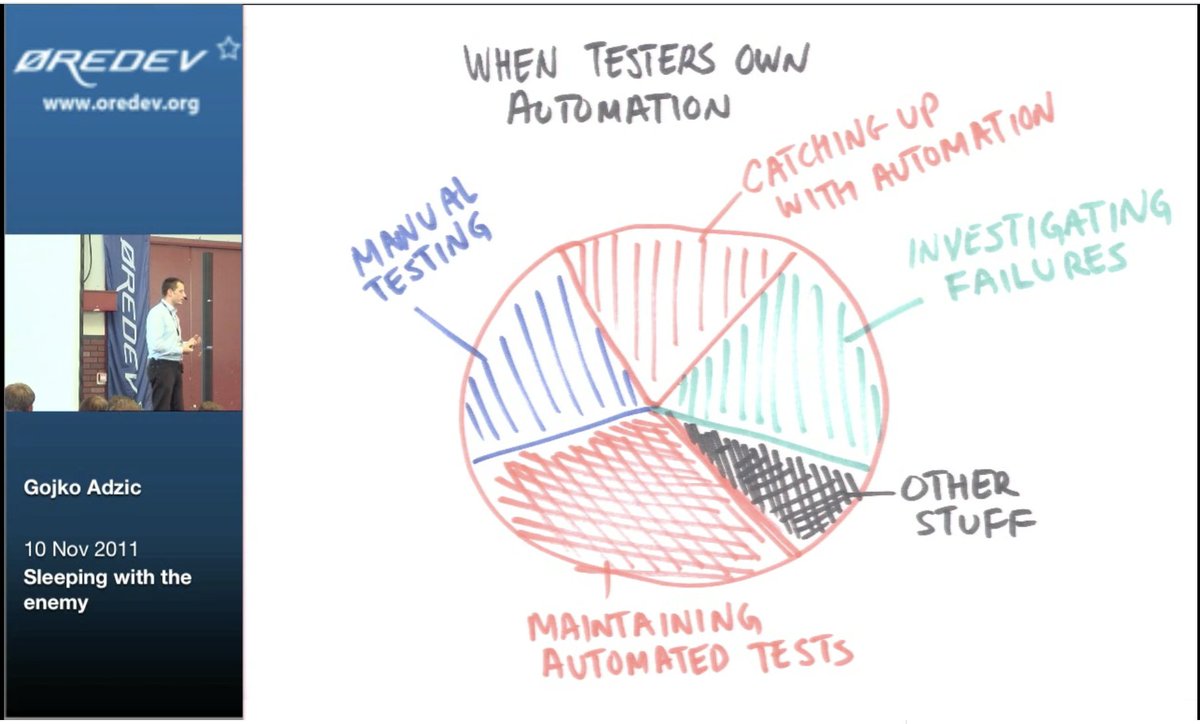





 1️⃣ The Software Craftsman: Professionalism, Pragmatism, Pride by @sandromancuso.
1️⃣ The Software Craftsman: Professionalism, Pragmatism, Pride by @sandromancuso. 





 Without a thoughtful approach, Teams will end up unbalanced.
Without a thoughtful approach, Teams will end up unbalanced.


 When moving to a new team, there are a few key elements to learn before you can provide value:
When moving to a new team, there are a few key elements to learn before you can provide value: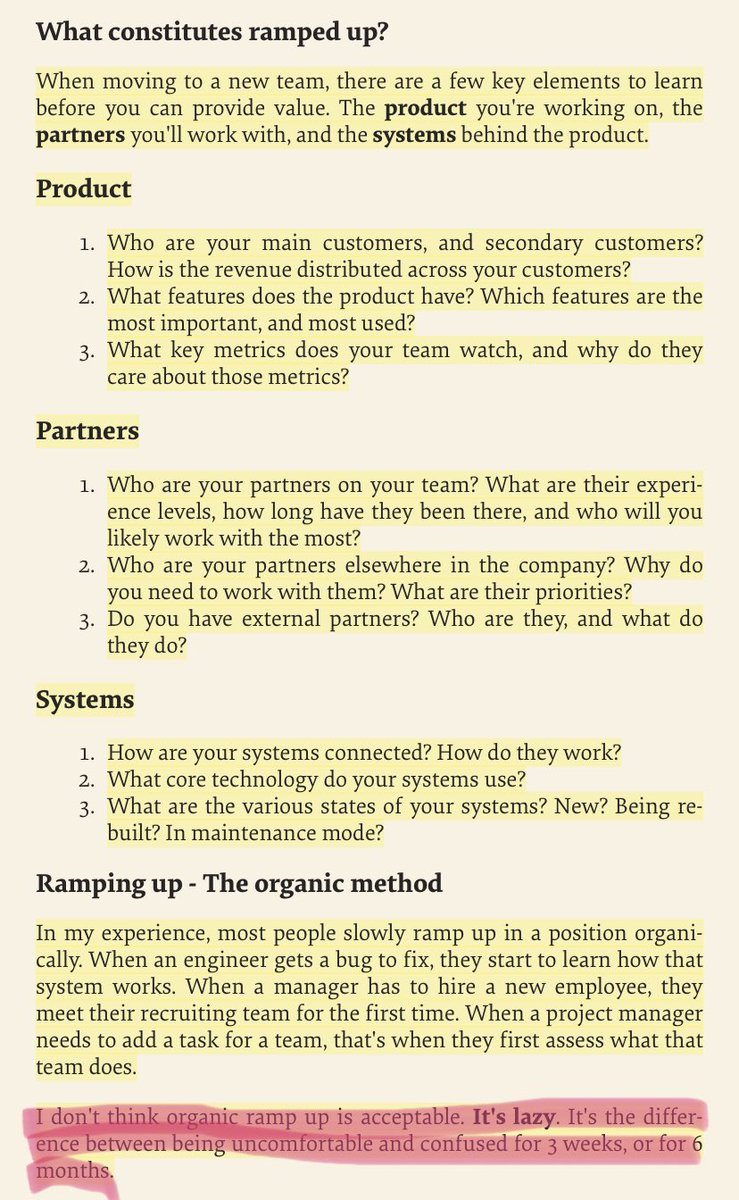




 @stevesi All sources & credits to Patrick (that doesn't have a Twitter account):
@stevesi All sources & credits to Patrick (that doesn't have a Twitter account): 


 1️⃣ The initial provocation by Will Larson on Career Narratives.
1️⃣ The initial provocation by Will Larson on Career Narratives.